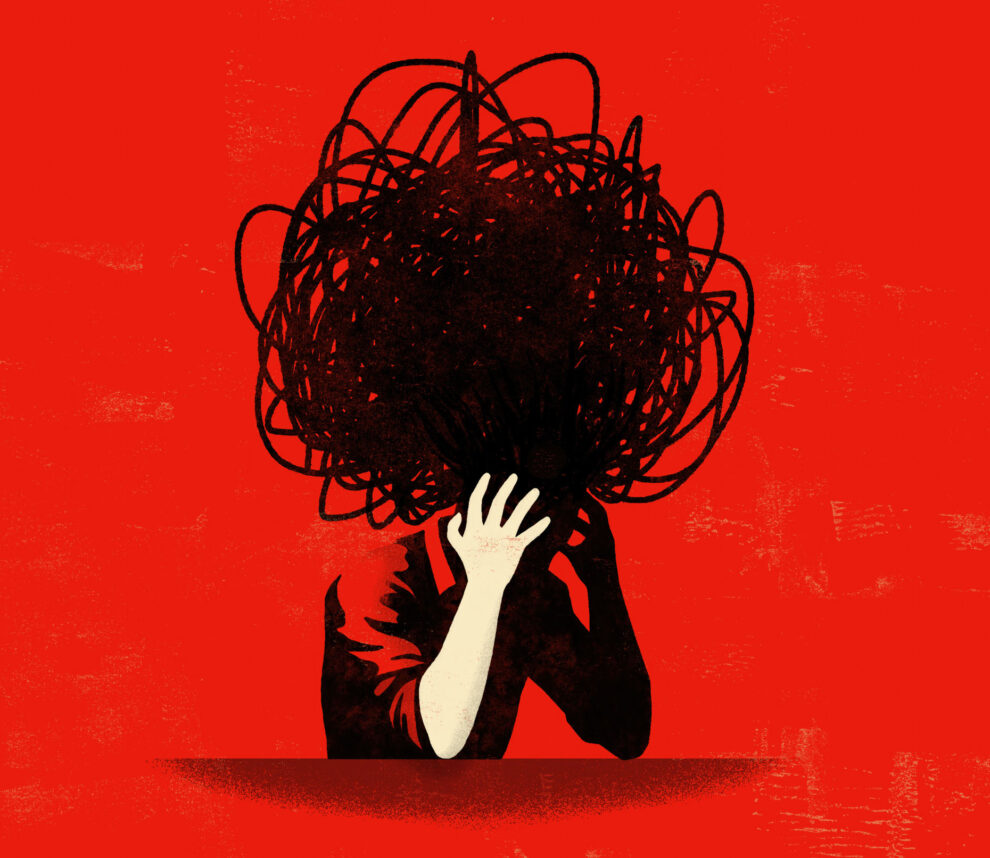By most measures, last week’s policy conference of the American Israel Public Affairs Committee (AIPAC) was a success.
The sessions were substantive and well-led; the speakers top-rank. The large number of under-40 delegates suggested the organization’s future is strong.
Despite the continuing federal investigation into the activities of two recently fired AIPAC officials, a record number of top politicians showed up to pay homage and to connect with the big givers in the corridors of the Washington Convention Center. Rumors about AIPAC’s diminished clout appear premature.
But on one issue, AIPAC keeps repeating past mistakes. The organization remains more closed to outsiders than any other in Jewish life, feeding suspicions that it is up to no good. And that perception could come home to roost if, as Israeli newspapers have reported, the two ex-employees are soon charged under the Espionage Act.
There’s a history here.
Years ago, one of the recently fired employees etched AIPAC’s reputation in stone when he said “a lobby is like a night flower; it thrives in the dark and dies in the sun.”
A schizophrenic AIPAC seems to cherish that image even as it seeks public acknowledgement of its many accomplishments.
AIPAC’s top professionals are less available to the press than those of any other Jewish group; its members are warned that the press is an adversary to be avoided.
The policy is carried to ridiculous extremes. Asked for impressions of last week’s conference, one delegate said “we have a policy, you have to talk to our press person.”
This person was not being asked if AIPAC trafficked in classified documents; the question was more about whether she and her colleagues were having a good time and learning a lot. But even that was apparently too much openness for AIPAC.
AIPAC’s closed-door policy creates a mood of hostility and suspicion that provides endless ammunition for critics and inevitably finds its way into news stories. If you detect a slight note of glee in some of the reporting on AIPAC’s recent woes, it’s not unrelated to the frustration so many reporters experience in dealing with AIPAC.
It also means AIPAC often doesn’t get credit for its accomplishments — something that clearly irks the group’s leaders, but apparently not enough to open the doors a crack.
Other Jewish organizations have become skilled at working closely with reporters — providing access to their top staffers, issue specialists and lay leaders, giving regular “background” briefings on issues and encouraging a give-and-take relationship with journalists.
Sometimes that means exposing their warts, but on balance these organizations enjoy far better press coverage — not because happy reporters want to reward their policies, but simply because those policies let reporters do their jobs.
This isn’t a slam on AIPAC’s press people, who are just following policies laid down by those at the top of the organizational food chain, where anti-media hostility is most intense.
But in 2005, AIPAC’s carefully cultivated night-flower image could blossom into real damage to the group’s political standing if the federal investigation and any resulting court cases take a few wrong turns.
AIPAC leaders claim, and there’s no reason to doubt them, that the group is not a target of the federal investigators who are looking into leaked classified documents.
But if its former officials are charged under the Espionage Act, the cloud over AIPAC is likely to darken as troubling questions of management and accountability are raised. The group will face a new level of scrutiny as current and former officials testify under oath.
And then, its distrustful relations with the press and its secretive image may compound any damage — not legally, but in terms of image.
AIPAC leaders understand the power of image, which is why they work so hard to get a massive turnout of top-rank politicians at the annual policy conference. Nothing says “power” as emphatically as a hall packed with members of Congress.
AIPAC may not have done anything illegal, but the image of a lobby group with employees involved in something that will inevitably be reported as spying can’t help but damage its reputation and its standing with the politicians who are its bread and butter. The group’s troubled relations with the press and its longstanding secretiveness will make it harder to limit the damage.
That would be a disaster for the Jewish community and for Israel. For all its faults — and every organization has them — AIPAC remains the indispensable engine behind the pro-Israel movement in this country. Its lobbying is the most important factor in the almost wall-to-wall support for Israel in Congress; no other group can pick up the slack if AIPAC’s standing is harmed.
The current crisis suggests the need for some hard-headed self-examination by AIPAC leaders. And one item on their agenda should be the group’s relations with the outside world.
Maybe it’s time to pluck the night flower and let the sun shine in.






















 More news and opinions than at a Shabbat dinner, right in your inbox.
More news and opinions than at a Shabbat dinner, right in your inbox.